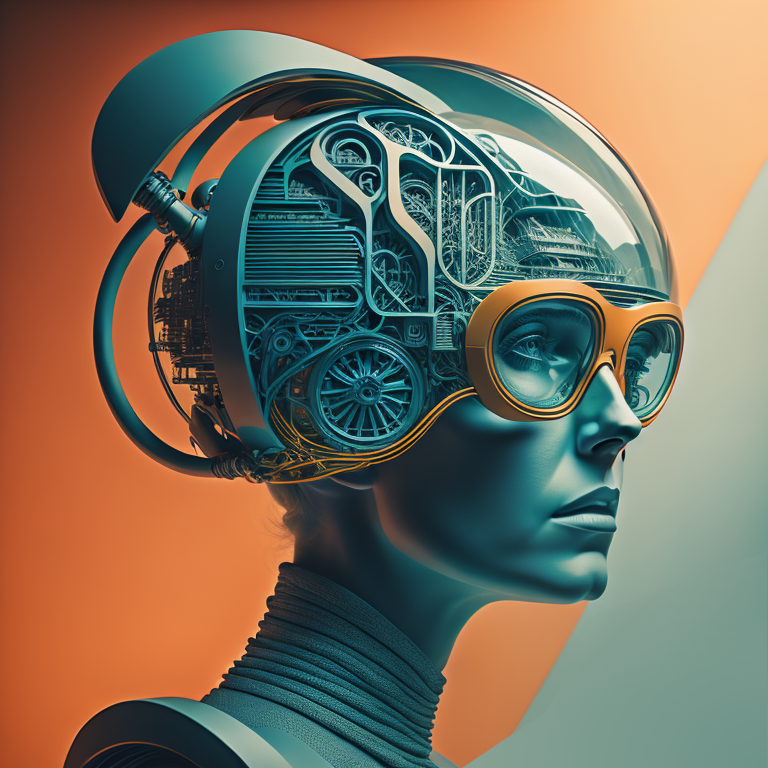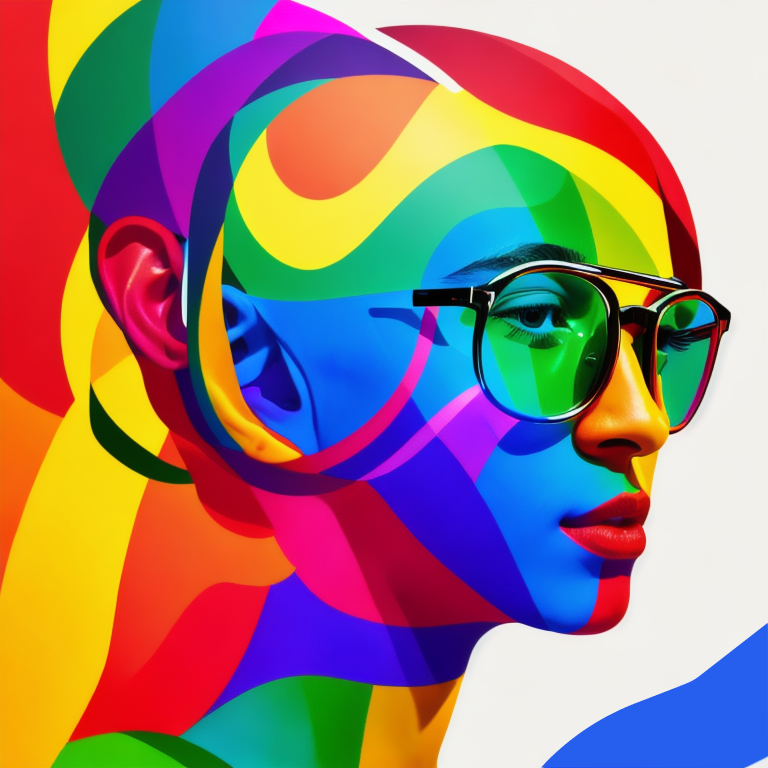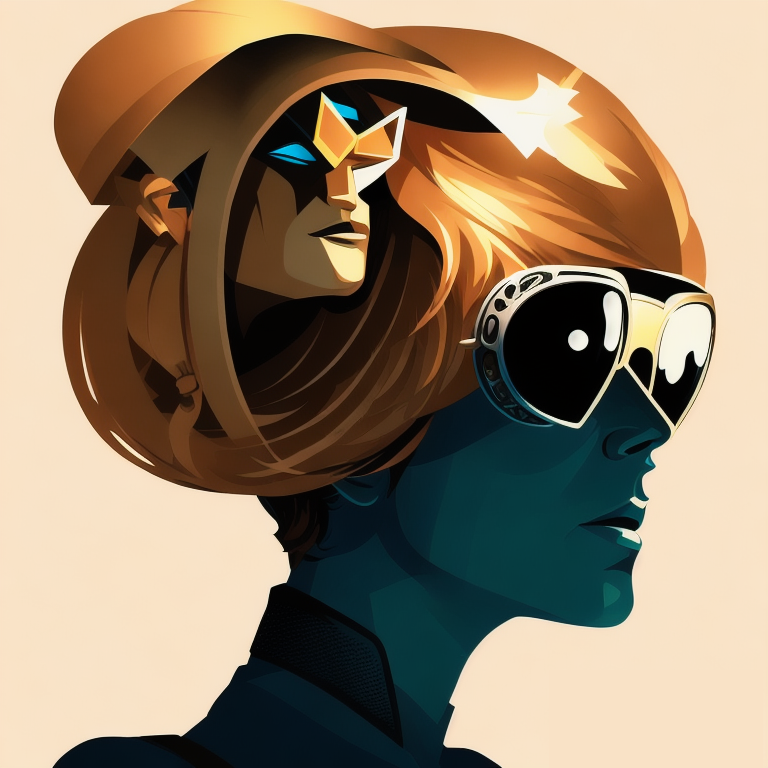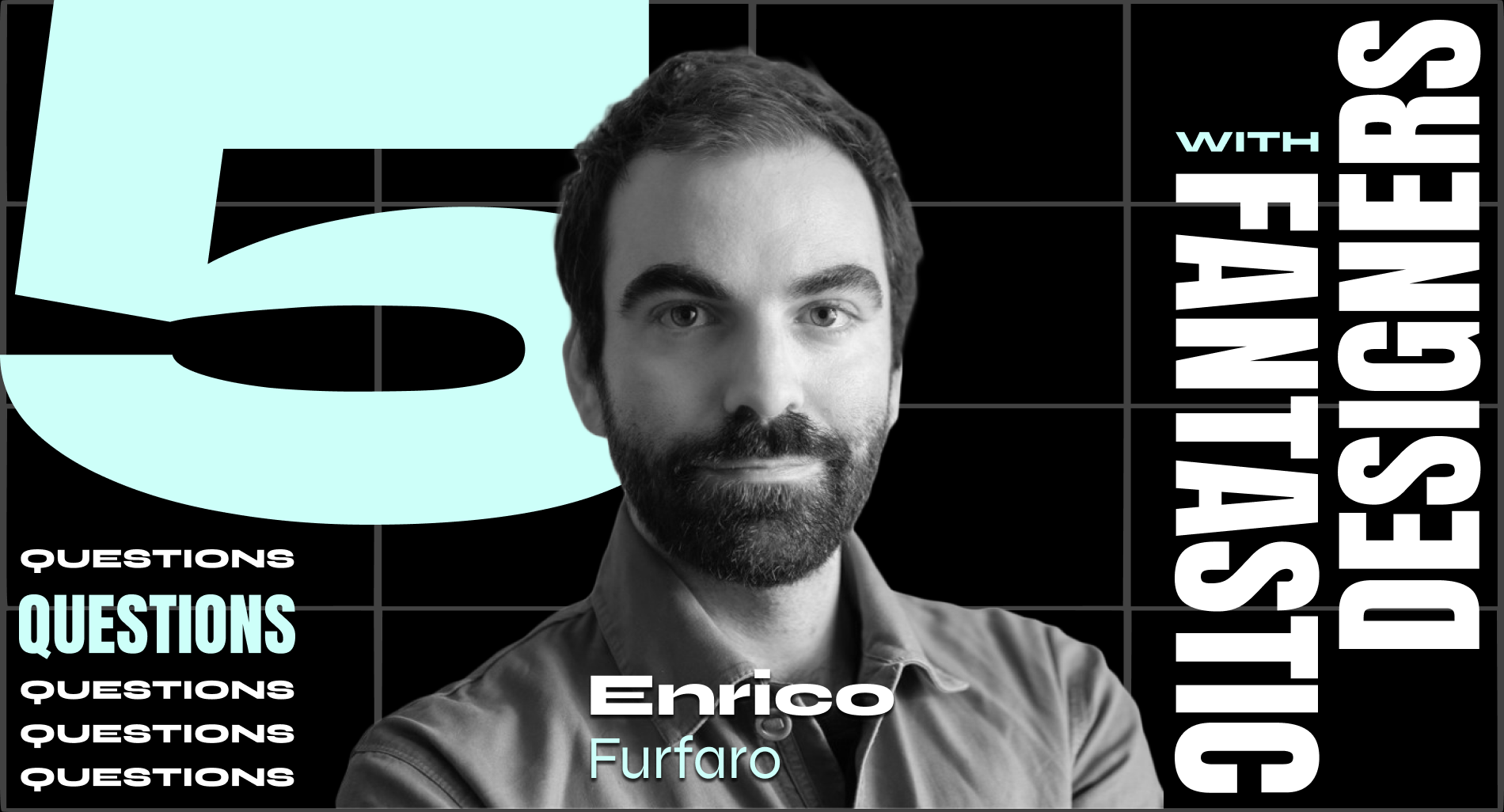Enrico is a Designer focused on Interaction Design and Design Strategy. With 10 years of digital product design expertise, he has worked with brands like Apple, komoot, Sony, and Yamaha across agencies, startups, and in-house roles. Currently at komoot, Enrico balances designing for Growth with championing Design Thinking while hiring new designers and driving team well-being improvements. Ever passionate about the effect of technology on human behavior, during his academic years Enrico built prototypes to investigate the effects of sound-augmented interactions on how people perceive their own bodies.
1. What design trends do you think will take off this year and more in the future?
As Designers and product people, we must strive to create products that last. So “trends” is a word that tends to trigger me a bit. Having said that, AI-based tools will inevitably shape our industry. There will be a massive increase of speed in designing UI and products. One result, I believe, will be that Product / UX Designers will move closer to strategy and facilitation, while the borders between Product Management and Design will blend even more. Lastly, I hope that genAI will empower Designers who focus on branding and visual design to break free from the boundaries of tech and digital design.

2. When it comes to making design and the design industry more diverse, equal, and inclusive, what changes are needed or would you like to see?
Upfront I must say: I don’t feel that I have much authority to give a proper answer on this topic. But what I would really like to see is companies making actual efforts towards inclusivity instead of resorting to empty gestures. For example, I was at the Pride Parade in Berlin this year and the last spots of the parade were reserved for sponsored trucks. I felt ambivalent about seeing consultancy companies having their logos printed all over the place. While donating money to the Berlin Pride Parade can be a positive step towards inclusivity, it’s hard to believe that corporate companies genuinely care. Another thing I’d like to see is first-hand involvement from top management. In one of the companies I worked for, the CTO at the time made inclusivity in hiring one of his personal OKRs. Actual change happened within a couple of quarters. Lastly, I feel that ageism and parenthood are among the few remaining accepted stereotypes. They’re not the first topics that come to mind in the conversation about diversity and equal opportunities. That’s why I’d like to see more attention being given to these topics.

3. What are 3 things you were not taught in school (if you were formally trained in design) that you wished you had been taught?
I studied Communication, Psychology and Human Computer Interaction. So, technically, I am not formally trained in Design. These are 3 things that I was not taught, and, I believe, many people working in tech would mention the same: pitching ideas to business leaders, negotiation skills, working with other disciplines. One struggle of many designers is to get their voices heard. Many times, in my opinion, the reason is that we don’t ‘speak the same language’ as the other disciplines we work with. We’re very good at making points during a design critique session, but not so good when it comes to discussing tech debt or revenue streams. And it comes from the fact that, wherever we were trained, these topics weren’t the priority. Negotiation skills are a different matter. Salary negotiation is such a key moment in anyone’s career, and it’s crazy that these skills are often taught in business schools only.

4. What are the biggest challenges you’ve had to face as a designer? Did you overcome them? How?
To be honest, learning the skills I wasn’t taught at school. I’m still only halfway there. Regarding how to overcome some of them, I’m digging deeper into it in my talk at Design Matters 23 (ahem apologies for the shameless self-promotion).
5. Why do you think design matters?
Every company I worked for employed Designers, obviously. They were always the group of people that genuinely cared the most about the users. And not only that, but also cared about creating products that solve a user problem instead of exploiting users’ needs for the sake of short-term revenues. If this mindset were more widespread, I’m sure we’d have a lot more great products around that satisfy a business need and are ethical at the same time.
* * *
Enrico will give a talk at the digital design conference Design Matters 23, which will take place in Copenhagen & Online, on Sep 27-28, 2023. Get your ticket here! And if you want to connect with Enrico, find him on LinkedIn, or visit his website.










